As a passionate advocate for the environment, I sat up in my bed as I watched The Last Tourist movie cheering on the documentary for its aspirational stories, and grimacing at the disgusting realities that it showcased that still exist in our industry.
When you know better, you do better, and travel is not exempt from this rule. After watching The Last Tourist I can say that the future of how we travel is going to change, and that’s a good thing. With the challenge of asking viewers to #FlipMyTrip, I’m excited to join this initiative and help be a catalyst for positive change in the industry.
The call for change has been issued… will you pick up the phone? Read on to learn more about this incredible documentary as well as 21 ways you can #FlipYourTrip as well as featured destinations around the world that are focusing on sustainable travel.
The Last Tourist Movie – Film Summary
“Travel is at a tipping point. Tourists are unintentionally destroying the very things they have come to see. Overtourism has magnified the impact on the environment, wildlife, and vulnerable communities around the globe. Filmed in over 16 countries and guided by the world’s leading tourism and conservation visionaries, the Last Tourist reveals the real conditions and consequences of one of the largest industries worldwide through the forgotten voices of those working in its shadow.” ~The Last Tourist
This award-winning documentary closely critiques the current state of affairs in the travel industry. It explores difficult-to-watch but important issues including animals suffering for entertainment, unhealthy business practices in orphanage tourism, and economies strained under the massive weight of foreign-owned hotel chains.
The Last Tourist movie empowers audiences with the knowledge and inspiration to make an impactful change in their travel plans, positively impacting the places and people they are visiting. During this cinematic journey, viewers will meet local heroes who are leveraging tourism for the preservation of cultural heritage as well as sustainable wildlife protection initiatives while supporting social and economic wellbeing.
“We’ve always said that travel – community tourism in particular – could be the biggest distributor of wealth the world has ever seen and even the fastest path to peace which is such an important message right now. We wanted to bring this message, which is illustrated by a series of life-changing stories, to life on the big screen and at the same time, expose some of the often well-intentioned but harmful practices many tourism experiences support,” ~Bruce Poon Tip, Executive Producer and founder of G Adventures.
21 Ways You Can #FlipYourTrip and Be a Champion for Change in the Travel Industry:
“Travel is at a tipping point. Tourists are unintentionally destroying the very things they have come to see. Overtourism has magnified its impact on the environment, wildlife, and vulnerable communities around the globe.”
Imagine a world where the tourism economy is the greatest redistribution of wealth, where environments and animals are protected and the places and people we visit are left better because you were there. Imagine that your holiday can be a form of giving back.
Here’s how you can #FlipYourTrip and be an ethical traveller:
1. Watch The Last Tourist Movie
The first step in sustainable travel is education, and the Last Tourist movie has done an excellent job of tackling a worldwide problem and helping viewers understand how small changes can make a major impact. The first step in creating a more sustainable environment is to educate travellers on how to travel in a more ethical way, enabling them to decide if they want to make their holiday a transformational experience for themselves, the people they visit, as well as the animals and the environment.
The Last Tourist movie is now available to watch on-demand everywhere you buy and rent movies and will be available on Crave on September 9th, 2022.
2. Ask Yourself “How Can I be a Better Tourist?”
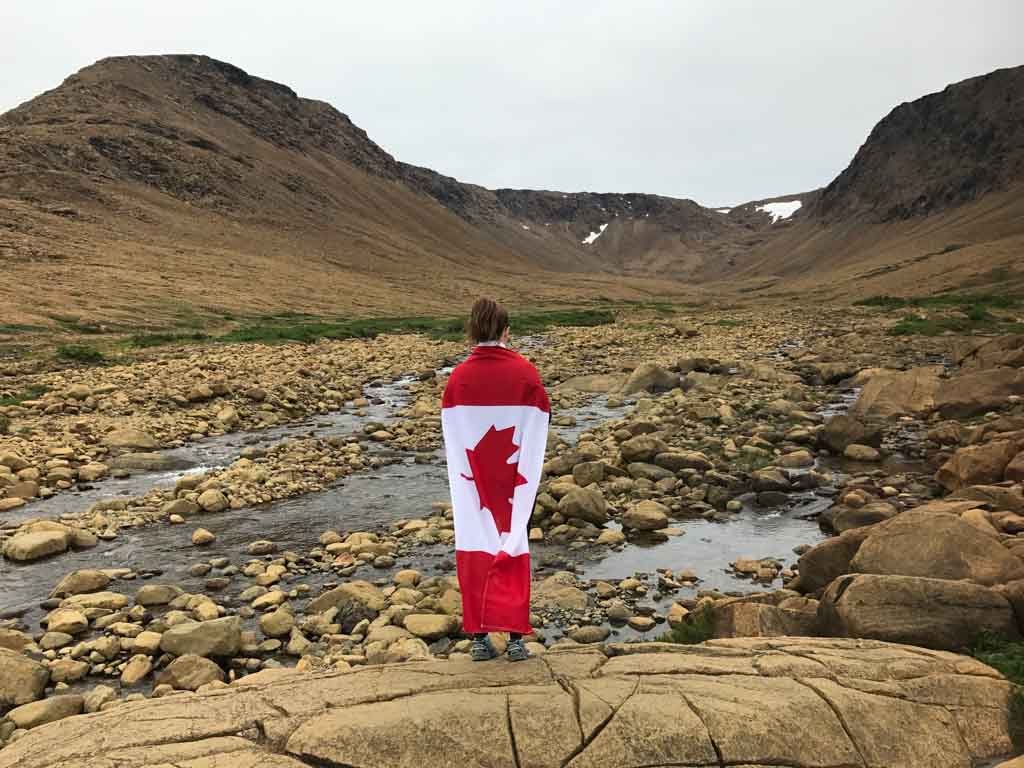
When you know better, you do better. After watching The Last Tourist documentary you’ll understand the responsibility that travellers have to create positive change with each visit. Before you start planning your next trip ask yourself these three hard questions:
- What do you yourself as a traveller want?
- How much do you want to be accountable for your actions during your trip?
- How much do you want to leave positive imprints?
3. Travel Responsibly

Dr. Jane Goodall says, “Responsible Tourism can be really beneficial to the animals, the local environment, the local people, the government, and to the tourist.” Travellers have the ability to make a major impact on the destinations they are visiting, positive or negative. Choose your legacy to be one that is made of responsible, positive impacts.
4. Make Travel Decisions That Align With Our Personal Values
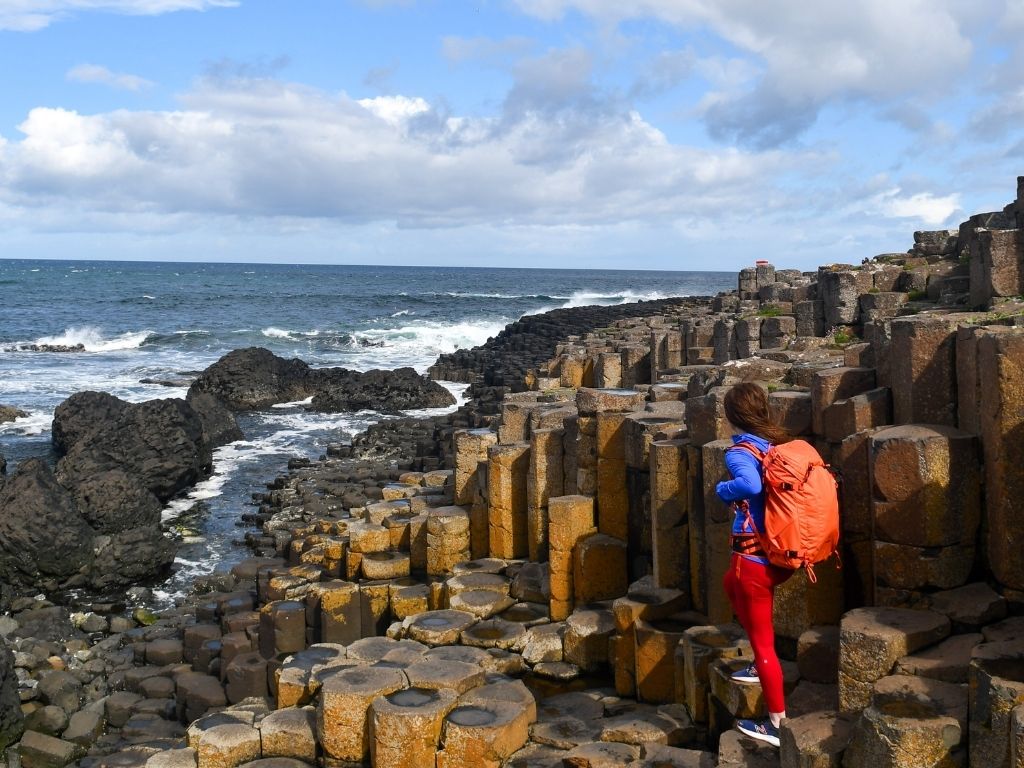
Travellers have been known to go on “Vacation Brain,” where we need to get out of the stress that is work or everyday life and escape. Ensure that your values come with you on vacation and if it isn’t something you’d do in your own home, or in your own country, don’t do it in someone else’s backyard (littering, not using recyclable materials, staying on marked trails/pathways, etc.).
5. Have a Mindset of “How Can I Support the Locals?”

When you’re visiting another place you’re actually visiting another person’s home. Did you know that in some countries as little as 14% of revenue generated actually stays in the country? (A lot is sent offshore to overseas corporate owners).
In order to ensure that you are actually supporting locals seek out local markets, buy from local artisans, hire local guides, and invest in larger pieces over smaller token souvenirs.
6. Recognize that Small Changes Can Go a Long Way

One of the biggest changes that I immediately implemented after seeing this film was my tipping. I started tipping the housekeeping staff and had cash on hand for other exchanges with support staff while travelling. In an almost cashless society, I had to make this small change in my planning (I actually had to go to the bank and get cash) but once I had it on hand I liked knowing that it would go to support the front-line workers who were directly a part of my stay.
7. Commit to Never using Plastic Bags, Utensils, Coffee Cups, and Shampoo & Conditioner Bottles
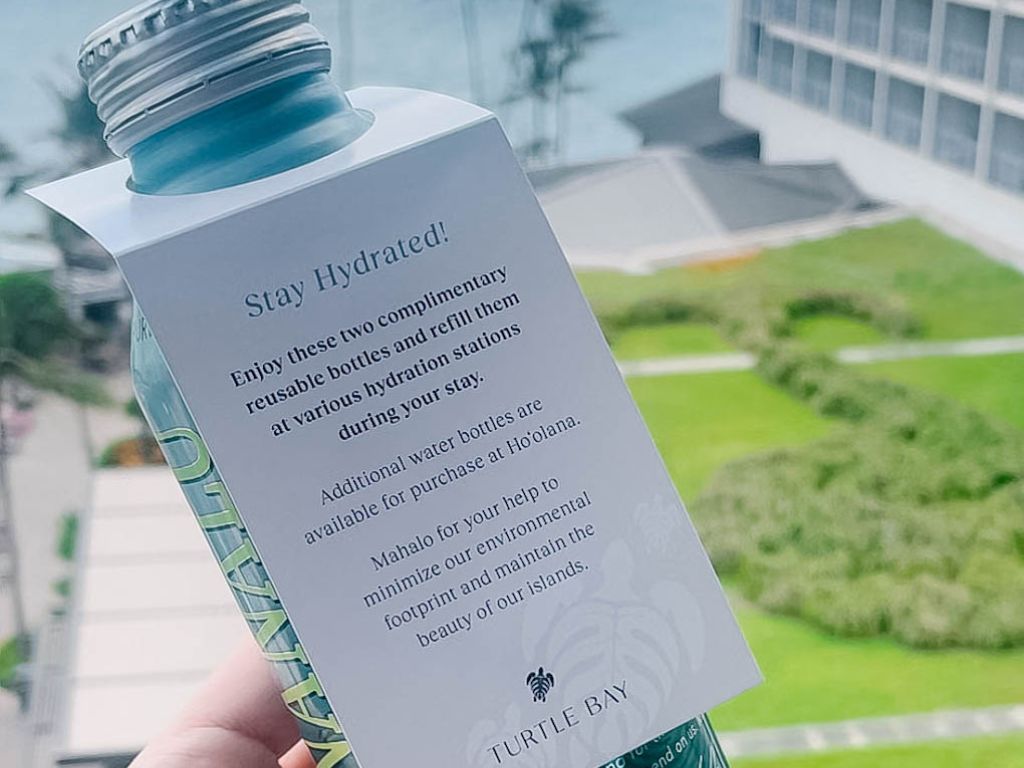
I know, it’s so tempting when you’re camping to just grab paper plates and plastic knives and forks…but step up to the challenge and bring reusable plates and utensils. Camping is the perfect opportunity to do dishes outside and whether it’s kids learning how to contribute or adults visiting while they scrub a dub dub, doing the dishes after a meal is great bonding time and a great way to reduce your impact on the environment.
8. Be Mindful of the Local Community
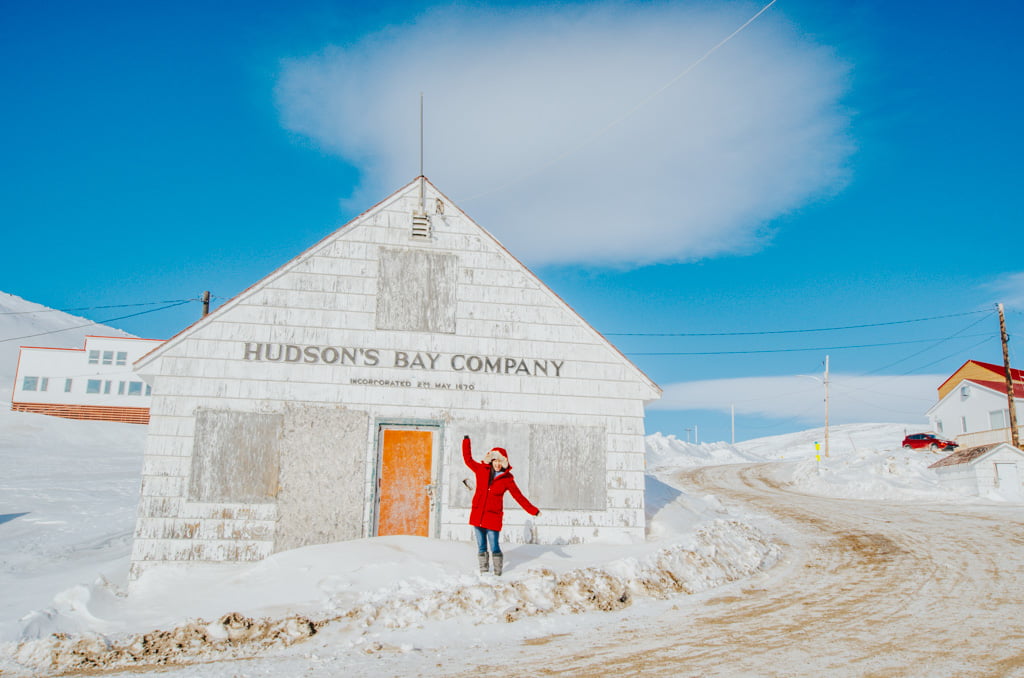
Visiting someone else’s home is a privilege that comes with great responsibility. Be mindful of the community that you are visiting including the people, the culture, and the environment.
9. Refuse Housekeeping Services
I don’t change my bedsheets at home every day and certainly don’t need that done on holidays. Refusing housekeeping services reduces unnecessary waste. We stock up on clean towels and refillable items (toilet paper, hand soap, etc.) when needed but otherwise skip housekeeping.
10. Choose Hotels and Accommodations that have Sustainable Practices
Many hotels are choosing to lead the way by implementing environmentally sustainable practices including energy reduction, waste elimination, using eco-friendly products, reducing linen changing services, and creating recycling programs. The Fairmont Waterfront in Vancouver, BC has a rooftop garden where every summer thousands of bees call the Fairmont home. This partnership with the Hives For Humanity Pollinator Corridor, along with leadership from the local Indigenous community, is a great example of how hotels can be active leaders in sustainable practices.
Your job is to do your research and support accommodation providers who invest in sustainable practices.
11. Use Only Reef-Friendly Sunscreen to Ensure the Chemicals Aren’t Leeching into the Oceans
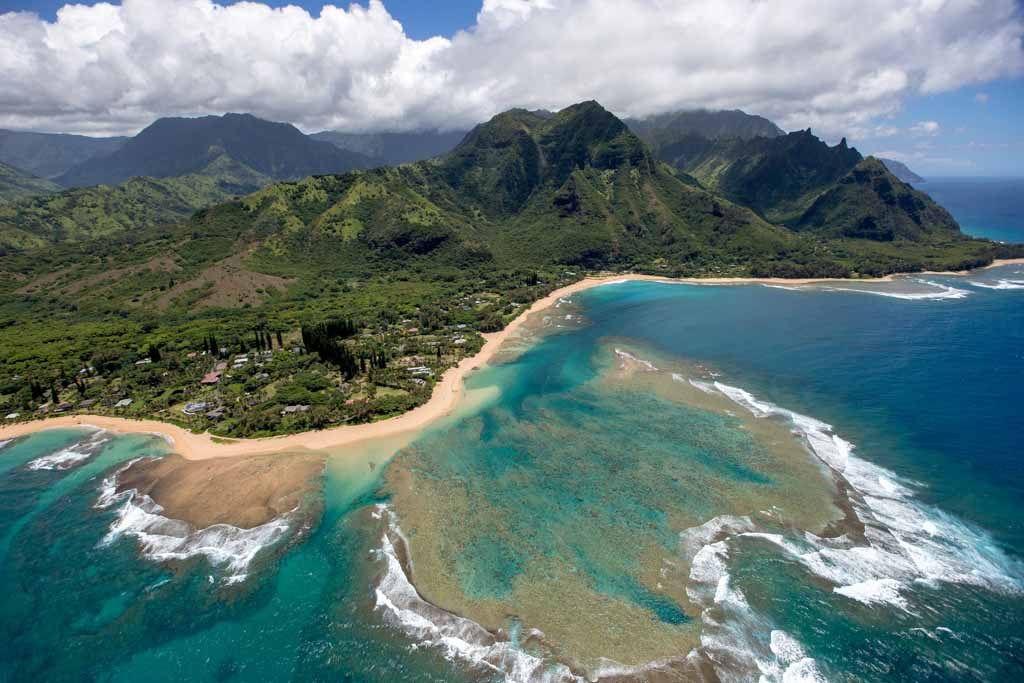
While it may be tempting to kick off summer with a Costco-size pack of sunscreen, challenge yourself to learn about the quality of the sunscreen and if it is reef safe. Many destinations have banned certain sunscreens including Mexico, the USA (Hawaii, Key West, U.S. Virgin Islands, Bonaire, Aruba, Palau, and now Thailand. Take the lead from these destinations and only buy environmentally friendly sunscreens.
Purchase some of the best reef-friendly sunscreens for your outdoor adventures here: Thinksport SPF 50+ Sunscreen, Badger Active Mineral Sunscreen, Sun Bum Mineral SPF 50 Lotion Sunscreen, and La Roche-Posay Broad Spectrum SPF 60.
Disclaimer: Should you click & purchase through the affiliate links, I may receive a small commission on that sale which helps fund Adventure Awaits.
12. Never Participate in Cruel Animal Tourist Attractions
“More than 500,000 animals are suffering around the world for different types of tourist attractions.” The Last Tourist movie speaks about how selfies with animals are tempting, but once you understand the implications that this means for the animals that you love, it’s time to do better. Ask yourself, “Would this be ok in my country?” and if the answer is no, you probably shouldn’t be doing it. There’s a simple rule a traveller can follow, “If you can ride it, hug it, or take a selfie with it, chances are it’s cruel and you shouldn’t do it.” Well-intentioned tourists “need to know that they’re harming the very animals they care about.”
13. Support Women-Led Businesses & Organizations and Shop Fair Trade Whenever Possible
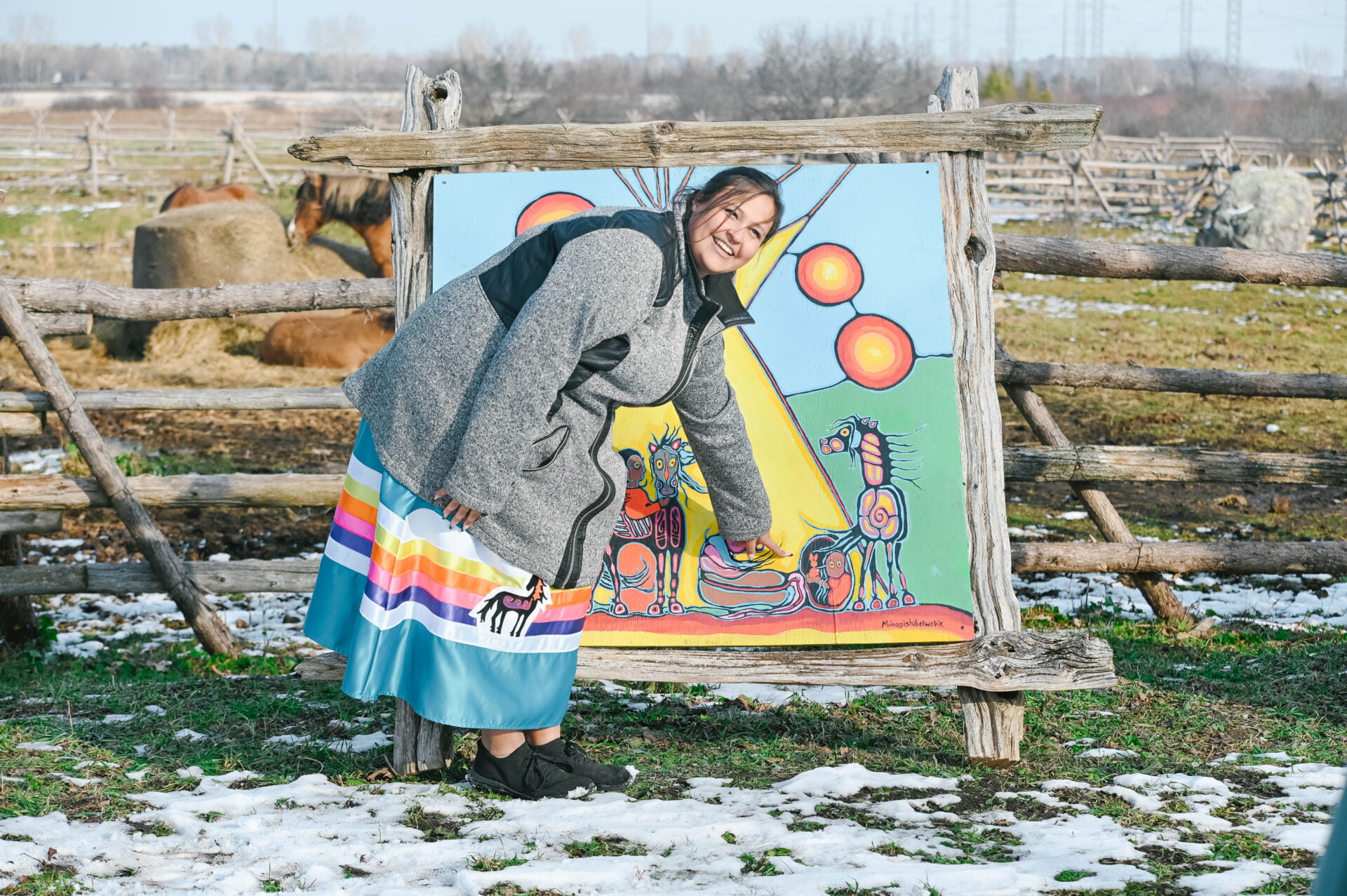
A little research can go a long way. Whether it’s via Google or social media, take some time pre-trip to learn about the local female-owned small businesses that you can visit on your trip. From popular tourist stops including coffee shops and artisans, tour operators and restaurant owners, to places you need to work a little harder to find.
14. Travel Solo or in Small Groups
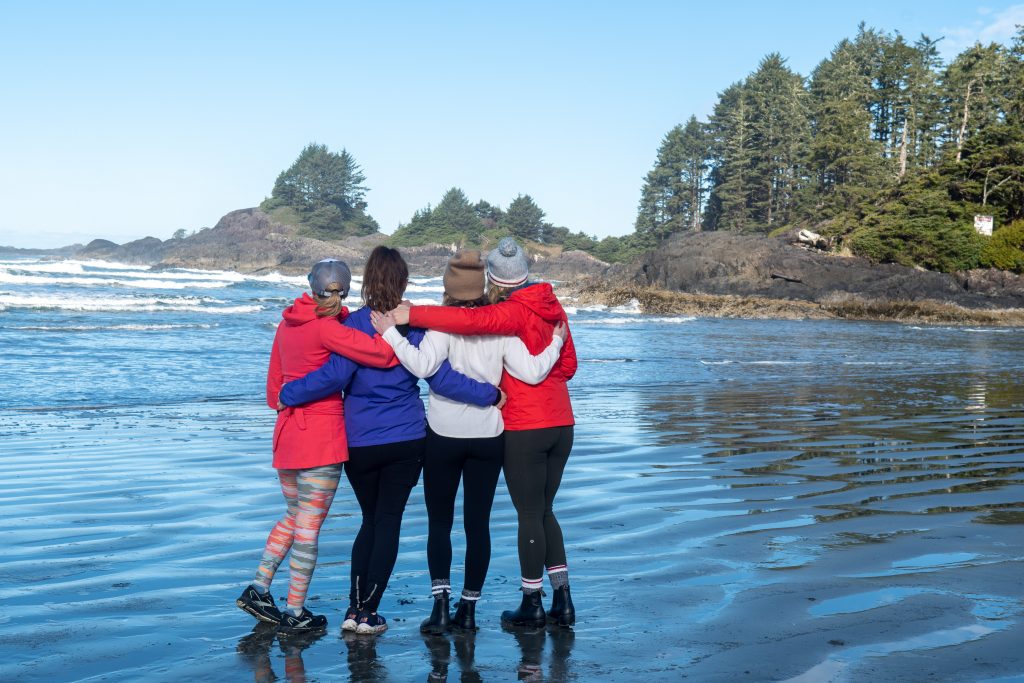
Smaller groups are the future of travel, as they help reduce environmental impact and create more meaningful interactions and experiences for guests. Seek out small group travel or travel solo. Or if you do choose to travel in a group tour, choose one that works with locals or one that is a 100% locally owned and operated company.
15. Always Research Before Signing Up to Volunteer with any Organization
“There’s been a 75% increase in the orphanages.” ~The Last Tourist. Read that again. “There’s been a 75% increase in the orphanages.” With voluntourism representing 2 billion dollars in business a year, unethical practices are emerging in markets where volunteering in orphanages has become a business.
Would this be acceptable in your country? Would strangers ever be allowed to randomly hop into a childcare setting, play with kids and then leave? Absolutely not. So why is this being normalized and supported in international destinations? Well-intentioned tourists are not doing their research to understand the negative impacts of the trips they are partaking in.
Research. Research. Research.
16. Make Sure our Impact is Sustainable in the Long Term
Short-term investments are as good as that… short term. Utilize your time, energy, and investment by working with reputable organizations that ensure that your impact lasts long after you depart.
17. Go to a Local Fresh Market or Farmer’s Market so Money Goes Right Back into the Economy
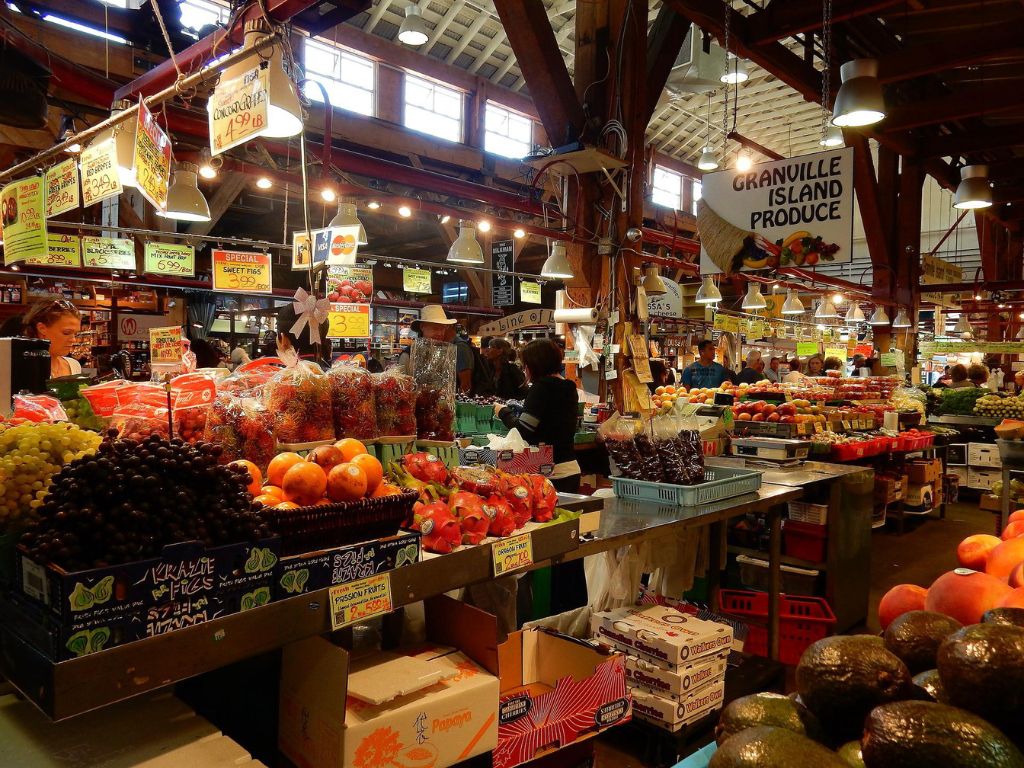
Not only an incredible way to learn about the locals and economy but going right to the farmer’s market or fresh market is a great way to ensure that the money you’re spending on the product goes right to the owners and stays in the local economy.
18. Decide where we want to put our money and what businesses we choose to support
As educated travellers, we now have a responsibility to expect more from the businesses we are working with to plan our trips. From the airlines we travel with to the cruises we take, to the hotels and accommodations we stay in, and to the experiences we have on the ground, we need to do our research and invest in companies that are leading the way with sustainable, responsible, and ethical travel practices.
19. Think About How our Travel Choices Can Have an Impact
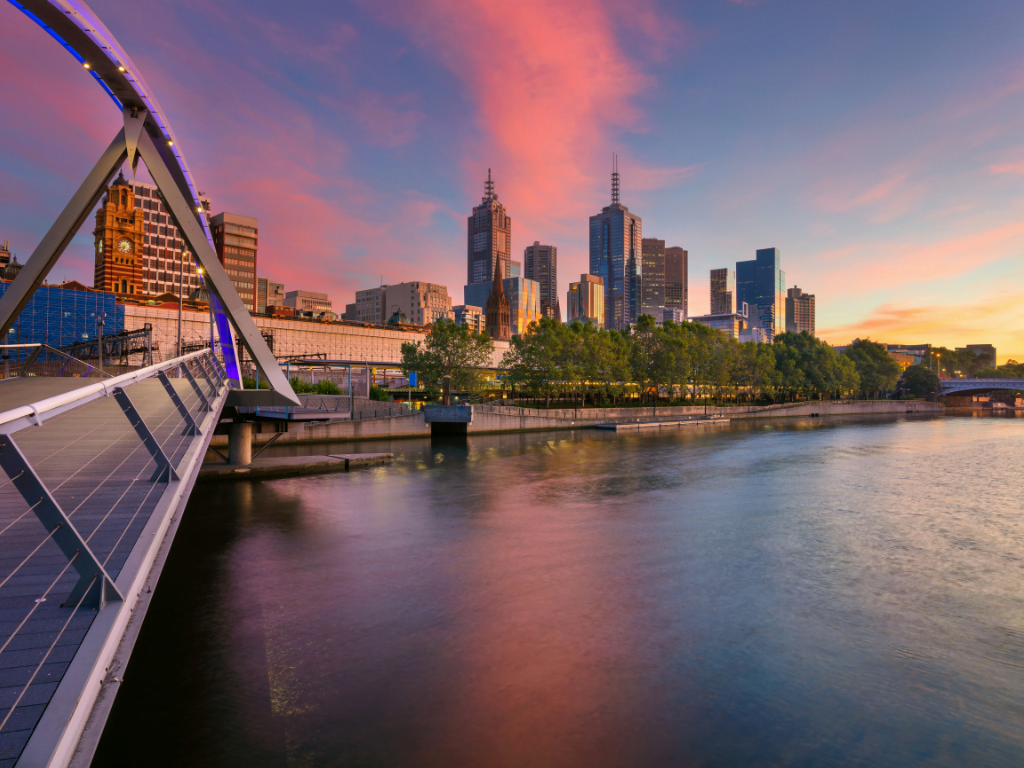
“These places that we visit, that we come to see, are actually people’s homes.” Your trip will have a legacy, be sure to make it a positive one.
20. Search Out Opportunities that Benefit the Community
Working with local tourism organizations is a great way to learn more about how to invest in opportunities that will truly benefit the community. They are a wealth of local information.
21. Be Aware and Think of Sustainable, Responsible, Ethical Travel
“The idea we’ve had of a tourist has to end.” It’s time to reimagine our role as travellers and understand that we have an opportunity to use our travel experiences as a catalyst for positive change in the places that we visit.
“What the world needs now, is for people to travel.”
Destinations That Are Leading The Way In Sustainable Travel
Destinations are understanding that sustainable and regenerative travel is the future of travel and it’s exciting to showcase those that are leading the way in creating sustainable initiatives, practices, certifications and accreditations, as well as even introducing carbon offsetting. After watching The Last Tourist movie, I was determined to search out destinations that are making a positive impact.
Here are some examples from around the world showcasing destinations that are leading us towards the future of travel:
MĀLAMA Hawai‘i
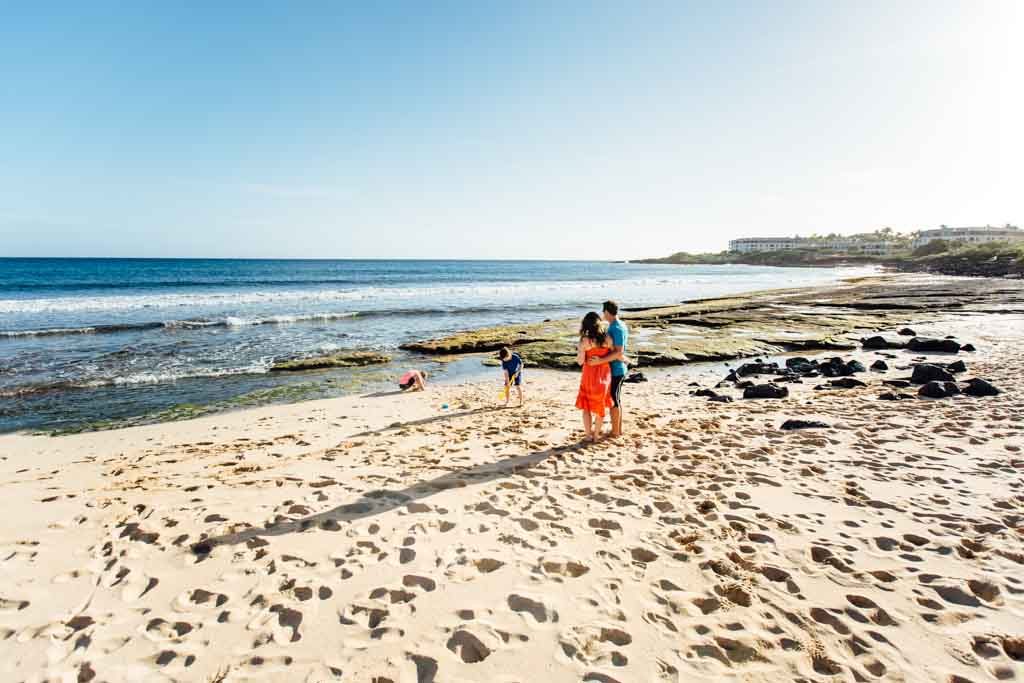
Hawaii’s Malama Program is a statewide initiative that encourages visitors to “take a trip that gives back” to both Hawai‘i and to themselves. The program focuses on voluntourism opportunities allowing visitors a variety of experiences that are transformative for visitors and regenerative for the community. One of the main goals of the Malama Program is to reduce the amount of waste that is produced on the island. To this end, the program offers recycling and composting services, as well as resources for reducing water and energy use. In addition, the Malama Program sponsors beach cleanups and other conservation projects.
Hotels are supporting the Malama Program by offering incentives to guests with discounts, resort credits, and even free nights for guests who partake in one of the voluntourism experiences. Learn more about all of the opportunities here.
By working together, Hawaii’s residents and tourists can help to preserve the state’s unique natural beauty for future generations.
Manitoba, Canada
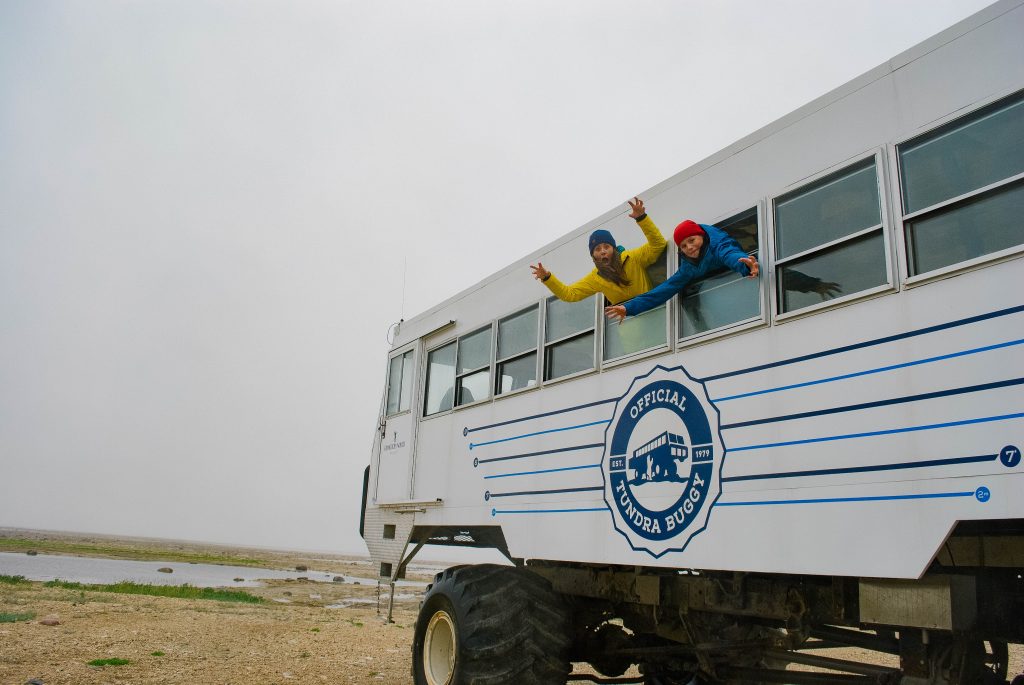
Head to Canada’s sub-arctic where you can travel with Canada’s only B Corp Certified Tour Company, Frontiers North Adventures. Frontier’s North meets the highest standards of social and environmental performance, transparency, and accountability. They offer visitors unique and immersive experiences in some of Canada’s most stunning natural areas, while also working to protect these places for future generations. Three reasons to invest in an experience in Manitoba:
- Committed to sustainable tourism practices: Frontiers North Adventures limits its impact on the environment by reducing energy consumption, waste production, and water use. They also offset their carbon emissions to help fight climate change.
- They support local economies: Frontiers North Adventures believes in the power of tourism to create jobs and spur economic growth in communities across Canada. When you book a tour with them, you can rest assured that your money is going towards supporting local businesses and families.
- They give back to the community: They are proud to partner with several non-profit organizations (such as being platinum sponsors of Polar Bears International) that are working to protect and conserve natural areas in Canada. They also offer educational programs for locals and visitors alike so that everyone can learn about the importance of protecting our environment.
Québec Cité, Canada
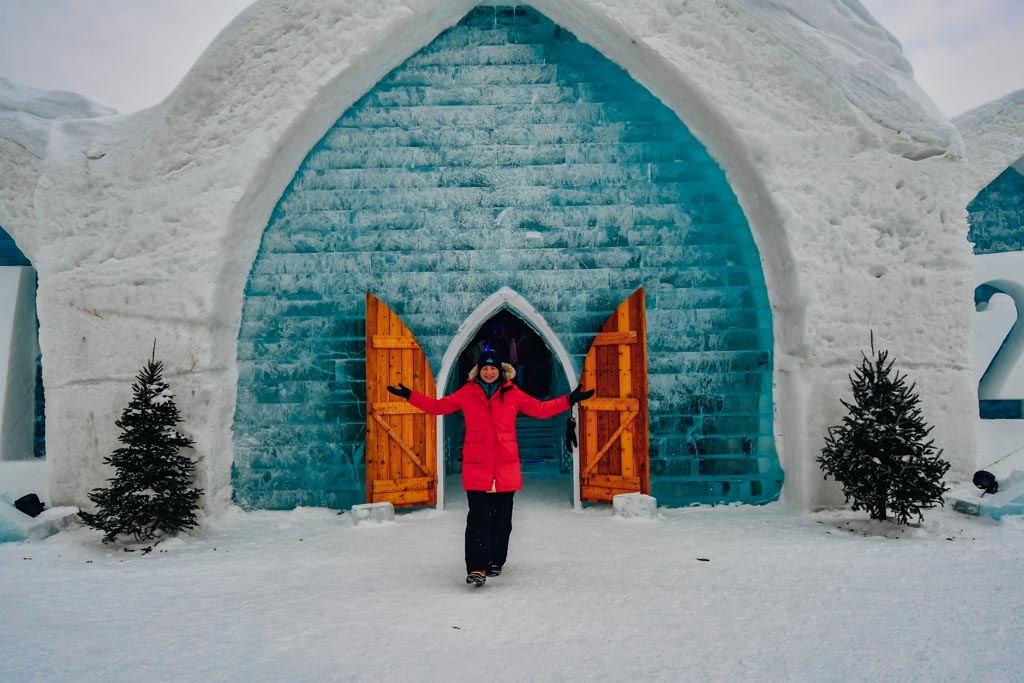
Destination Québec Cité is leading the way in Canada showcasing new initiatives around sustainable tourism practices. In order to showcase sustainable practices, Destination Québec Cité has invested in different projects such as carbon offsetting, guest education on environmentally friendly travel, and partnerships with local organizations. These efforts help to reduce the environmental impact of tourism while also benefiting the local community.
As travellers become more aware of the importance of sustainability, destinations like Québec Cité will become increasingly popular. Not only do these destinations offer a responsible travel experience, but they also help to support the local community and reduce the negative impacts of tourism.
Costa Rica
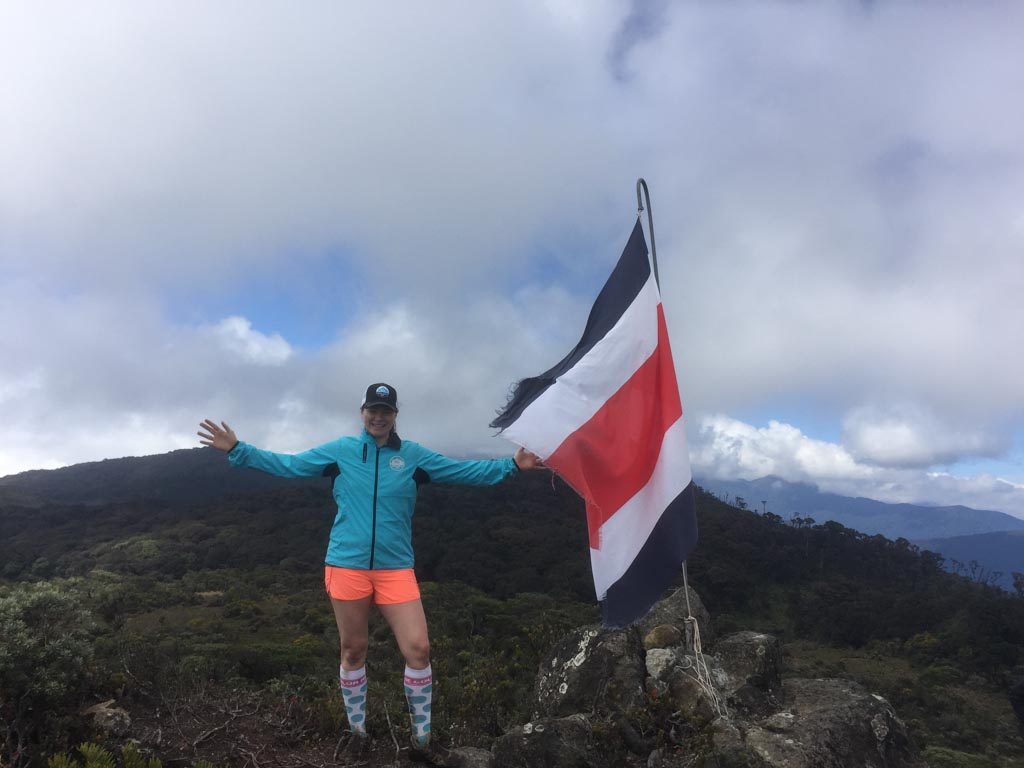
“Sustainability is not a practice in Costa Rica, it’s a way of life.” Since 1997, Costa Rica has put sustainable travel at the heart of the work that they do, “Sustainable tourism development must be seen as the balanced intention to use appropriately our natural and cultural resources, to improve the quality of life of local communities and to obtain economic success in the activity, which will also contribute to the national development. Tourism sustainability is not only the answer to the demand but also an essential condition to successfully compete now and in the future. (Definition of Tourism Sustainability, CST 1997)”
Bodhi Surf + Yoga is an excellent example of a local business that embraces the theories of sustainable travel, carbon offsetting, and deep connections with Mother Ocean. As a Certified B Corp company, Bodhi Surf + Yoga was founded on the idea that adventure and self-awareness go hand-in-hand. They believe in using sustainable tourism as a tool for personal transformation, and their surf camp is designed to help guests reconnect with nature, themselves, and each other.
They offer a variety of surf and yoga classes, as well as workshops on topics like intentional living and plant-based nutrition in one of the most beautiful locations on earth: Uvita, Osa, Costa Rica. Their surf camp also sits near the footsteps of the Marino Ballena National Park.
Switzerland – “Swissstanable”
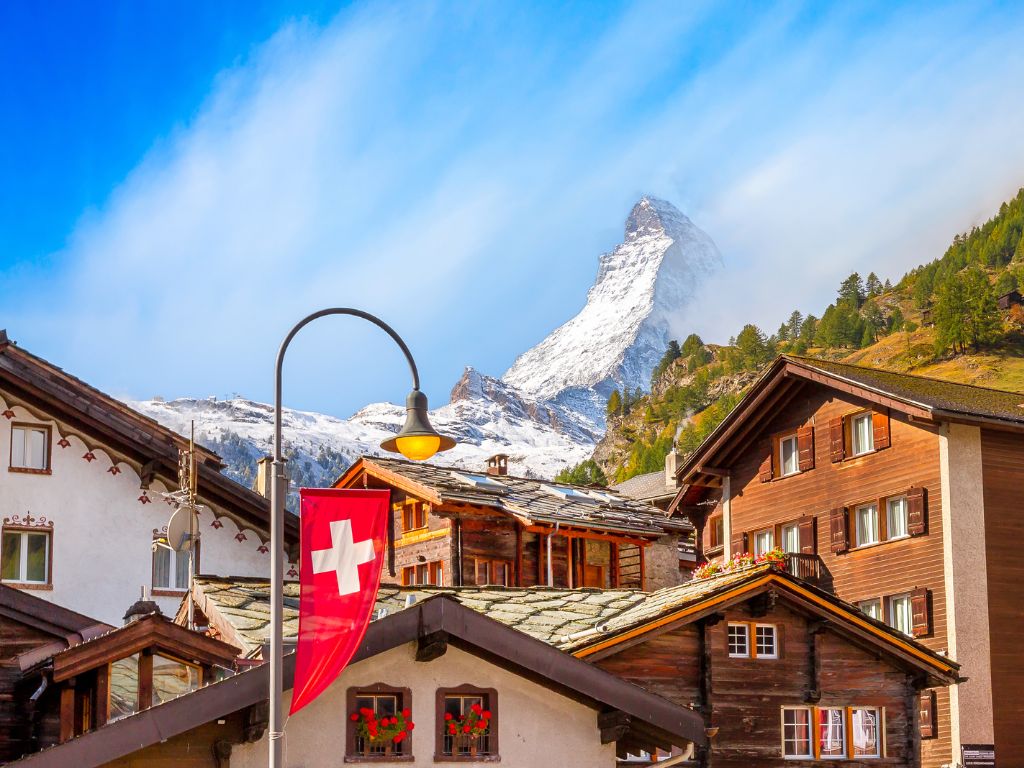
“Untouched nature touches our hearts. As a travel destination, Switzerland is synonymous with spectacular mountains, wild gorges and mystical forests; our nature has the power to provide energy. We aim to preserve this – for many generations to come.”
With a new approach to travel, the Swissstanable initiative showcases four simple guiding statements:
- Enjoy nature up close and at first hand
- Experience the local culture in an authentic way
- Consume regional products
- Stay for longer and delve deeper
These guiding pillars have helped create awareness campaigns for visitors including “11 Tips For Responsible Tourism In Switzerland” offering visitors practical ways they can make the most impactful positive impact with their trip.
Slovenia
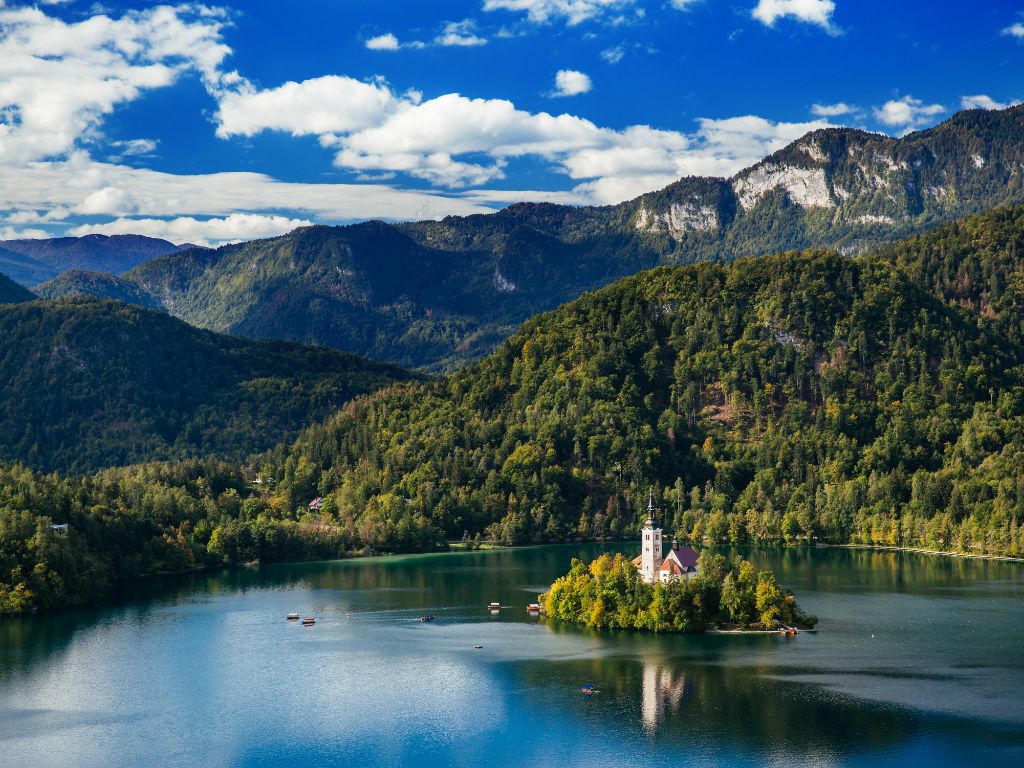
“Slovenia is the first country in the world to have been, in its entirety, declared a Green Destination of the World.” With 7 key marketing messages educating visitors on how they can travel sustainably in the country, it’s easy to go green in Slovenia.
Here are their 7 key priorities:
- Destinations led by green ideas
- Responsible holidays with green providers
- Especially green parks
- Sights “coloured” with green
- Around Slovenia with green travel agencies
- Sustainability on the “menu” of green destinations
- Time spent responsibly on green beaches
To learn more about visiting Slovenia visit their website.
The Last Tourist Movie FAQs:
What is The Last Tourist on Hulu about?
“Mass tourism has led to destruction.” ~Dr. Jane Goodall. The Last Tourist movie takes a deep look at the dark side of tourism and how to educate travellers to be informed and make well-researched decisions so that their holidays can leave a positive impact on the places and people they are visiting.
How can I watch The Last Tourist in Canada?
The Last Tourist movie is available on any of the places where you buy or rent movies (I opted to purchase mine on iTunes).
Does Netflix have The Last Tourist?
Unfortunately, Netflix does not have The Last Tourist movie available, but you can purchase or rent it on many streaming services. In the United States, you can find it on Apple TV and Hulu. In Canada, you can find it on Apple TV, Crave and other cable providers (Telus, Bell, Shaw, Rogers).
What is The Last Tourist About?
Filmed in over 16 countries and guided by the world’s leading tourism and conservation visionaries, The Last Tourist movie reveals the real conditions and consequences of one of the largest industries worldwide through the forgotten voices of those working in its shadow. The role of the modern tourist is on trial.


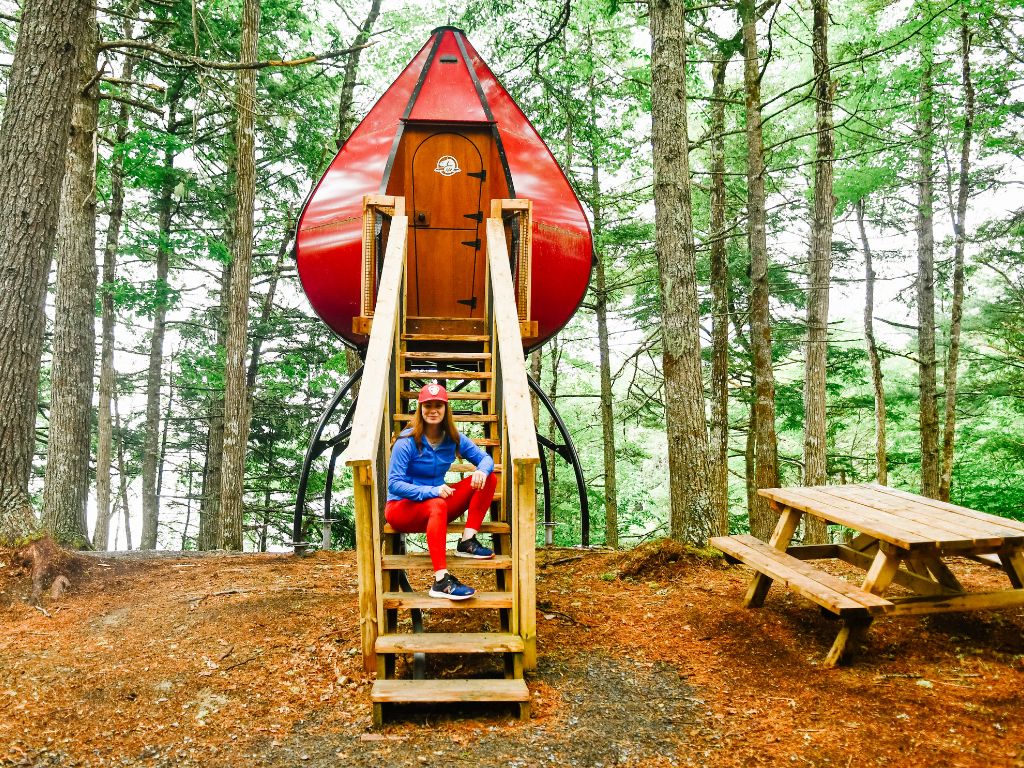

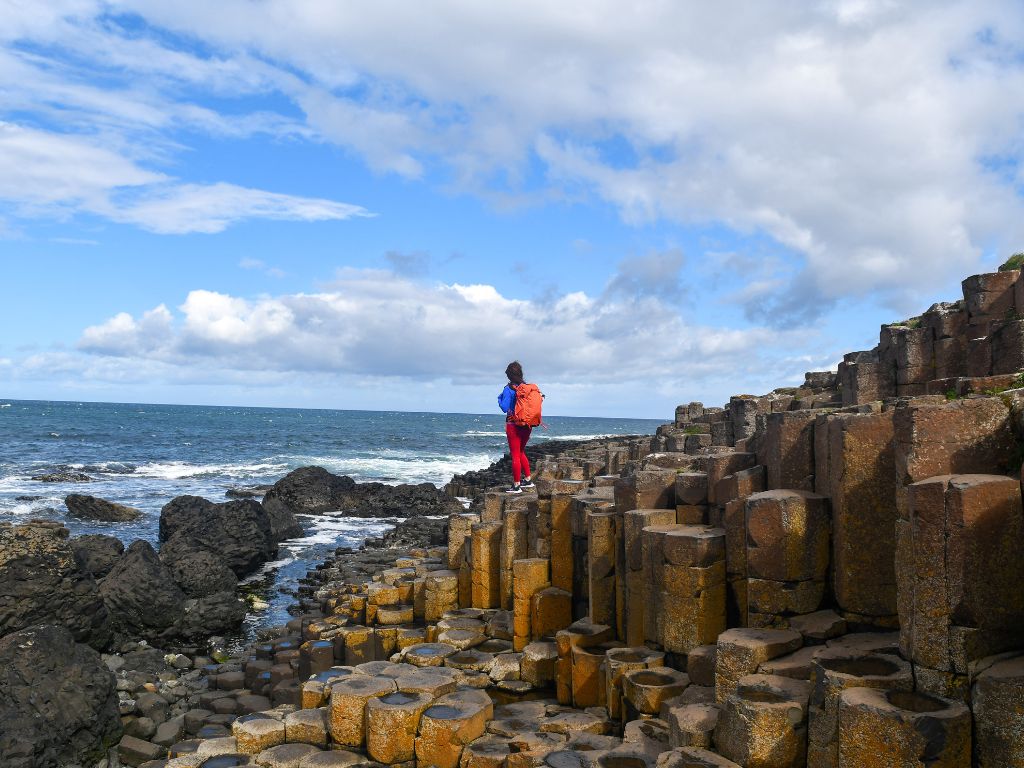


It is a pity the film is not available where I live, but thanks to your summary, I could get an idea of what it is about.
Thank you for that.